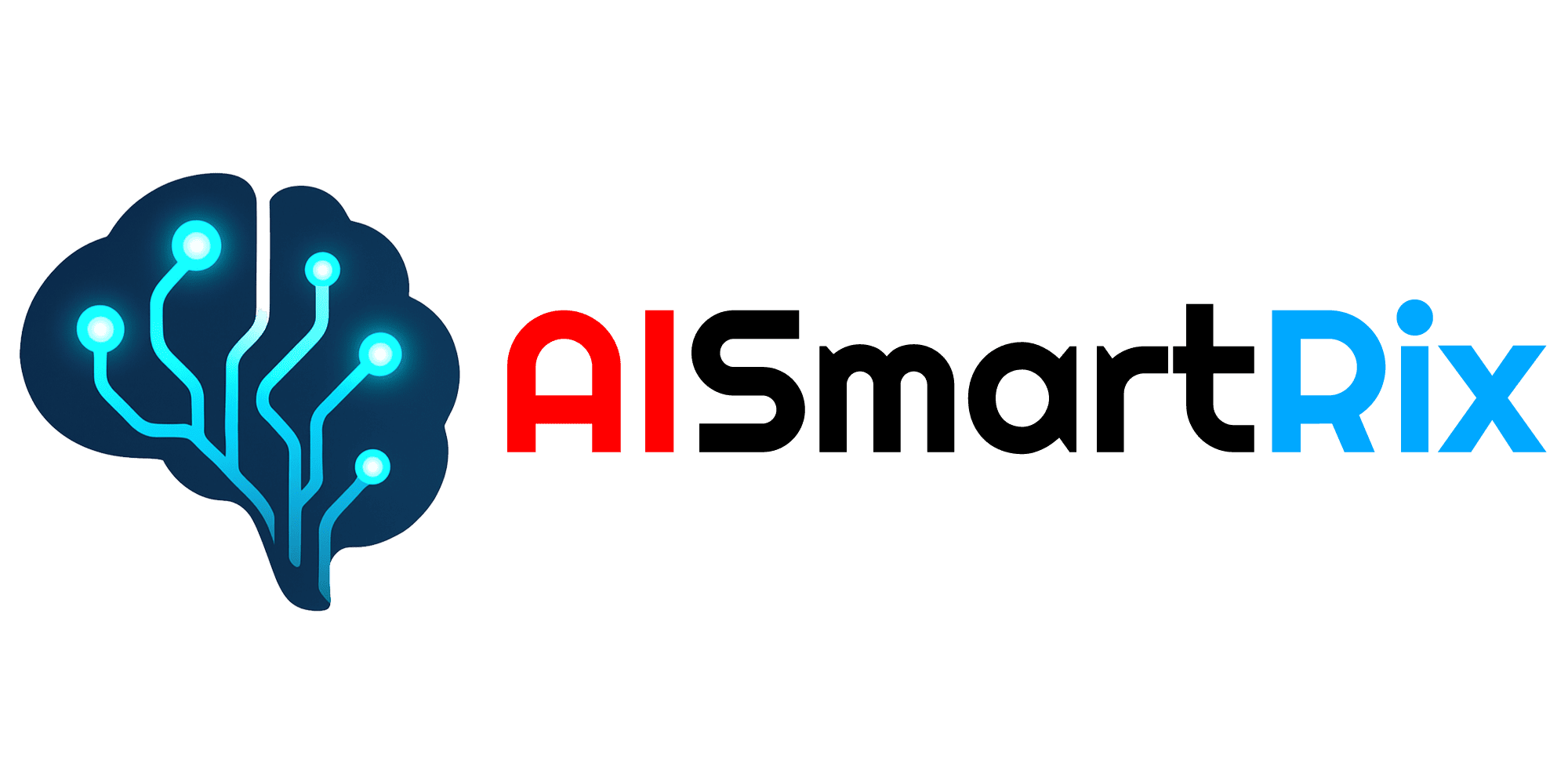Checkmate 2.0: How AI Is Redefining the Future of Chess
Chess, one of humanity’s oldest strategic games, has always been a battle of minds. For centuries, grandmasters relied on experience, intuition, and deep calculation. But the rise of artificial intelligence is changing the very fabric of the game, introducing Checkmate 2.0, where AI engines are not just tools—they are teachers, opponents, and co-creators of chess strategy.
As of 2025, AI has transformed preparation, gameplay, and even the philosophy of chess, raising profound questions: How much of chess can still be human? Can AI help unlock new strategic paradigms? And how are chess engines like AlphaZero, Stockfish, and emerging neural network models reshaping the future of competitive play?
AI Chess Engines: From Analysis to Domination
1. The Evolution of AI in Chess
The story of AI in chess began in the 1950s with early computational attempts, but it wasn’t until the 1990s that AI truly dominated the chessboard. IBM’s Deep Blue famously defeated Garry Kasparov in 1997, marking a turning point in human vs. machine competition.
Since then:
- Stockfish has been the benchmark open-source engine, continuously improving via brute-force evaluation and massive databases of games.
- AlphaZero, developed by DeepMind, revolutionized chess by learning purely through self-play, demonstrating novel strategies never seen before in classical chess theory.
- Today, neural network engines combine deep learning with traditional analysis, redefining positional evaluation and opening theory.
2. AI as a Training Partner
Modern grandmasters rely heavily on AI for training, preparation, and post-game analysis:
- Opening Preparation: AI can suggest lines that are both unconventional and strategically sound, catching opponents off-guard.
- Tactical Awareness: Engines highlight hidden tactics and subtleties, sharpening calculation skills.
- Endgame Mastery: AI provides precise endgame insights that surpass decades of human experience.
This has led to a dramatic evolution in chess playstyles, blending human creativity with machine precision.
Checkmate 2.0: The Strategic Revolution
AI has done more than just beat humans—it has changed the way chess is understood:
1. Hypermodern Approaches
AlphaZero popularized hypermodern ideas, such as deliberate pawn structure flexibility and dynamic piece activity, challenging centuries-old classical theories.
2. Sacrificial Brilliance
AI engines often sacrifice material for long-term positional advantages—a concept that was historically undervalued. Players now study these sacrifices to innovate openings and middlegame plans.
3. Opening Theory Explosion
- The number of known viable openings has skyrocketed thanks to AI discovery.
- AI has revealed entirely new variations previously considered suboptimal.
- Human players now prepare multiple AI-analyzed variations to anticipate opponents’ responses.
4. Endgame Perfection
AI has solved or near-solved many endgame positions, providing perfect play tables that human players study meticulously to gain an edge in tournaments.
AI vs Human: A Partnership, Not a Rivalry
While the narrative often frames AI as a human challenger, many chess professionals see it as a collaborative partner:
- AI provides real-time insights during online play (in training or friendly games).
- Players use AI to analyze opponents’ tendencies, crafting targeted strategies.
- The interplay between human intuition and AI evaluation is creating “super grandmasters” who blend instinct with algorithmic precision.
Emerging Technologies in AI Chess
1. Neural Network Engines
Next-gen engines like Leela Chess Zero and future 2025 AI models use neural networks and reinforcement learning, enabling deep pattern recognition. This allows engines to evaluate complex positional nuances, not just material balance.
2. Cloud-Based Chess Analysis
- AI engines now run in the cloud, making high-level analysis accessible to amateur players.
- Platforms like Chess.com and Lichess integrate AI coaching, enabling global skill improvement at unprecedented scale.
3. AI-Assisted Spectator Experience
- AI commentary predicts best moves, tactical threats, and alternative strategies in real-time.
- Interactive broadcasts allow viewers to learn from AI insights, enhancing engagement and education.
Implications for Competitive Chess
1. Tournament Preparation
AI-driven preparation is mandatory at the elite level, transforming how players study opponents and select strategies.
2. Ethical Considerations
- The proliferation of AI raises concerns about fair play.
- Anti-cheating systems now integrate AI detection to prevent engine-assisted moves during tournaments.
3. Global Accessibility
AI democratizes chess, allowing talented players worldwide to access world-class analysis, reducing barriers to entry.
The Future: What’s Next in Checkmate 2.0?
1. Fully Integrated AI Learning
- Future AI may co-train players in real-time, providing instant evaluation and advice during practice sessions.
- This could accelerate skill development exponentially.
2. Advanced Pattern Discovery
- AI may uncover entirely new strategic concepts, possibly rewriting chess theory for future generations.
3. Human-AI Hybrid Tournaments
- Imagining competitions where humans and AI collaborate opens exciting possibilities for new formats and spectator experiences.
4. Educational Platforms
- AI-powered chess tutors can personalize learning plans, analyze weaknesses, and simulate real-world tournament pressure, creating next-gen champions faster than ever.
The question for every chess enthusiast and digital citizen remains: As AI continues to redefine strategy, creativity, and competition, how far should humans rely on machines, and can the soul of chess survive in a world dominated by algorithms?





